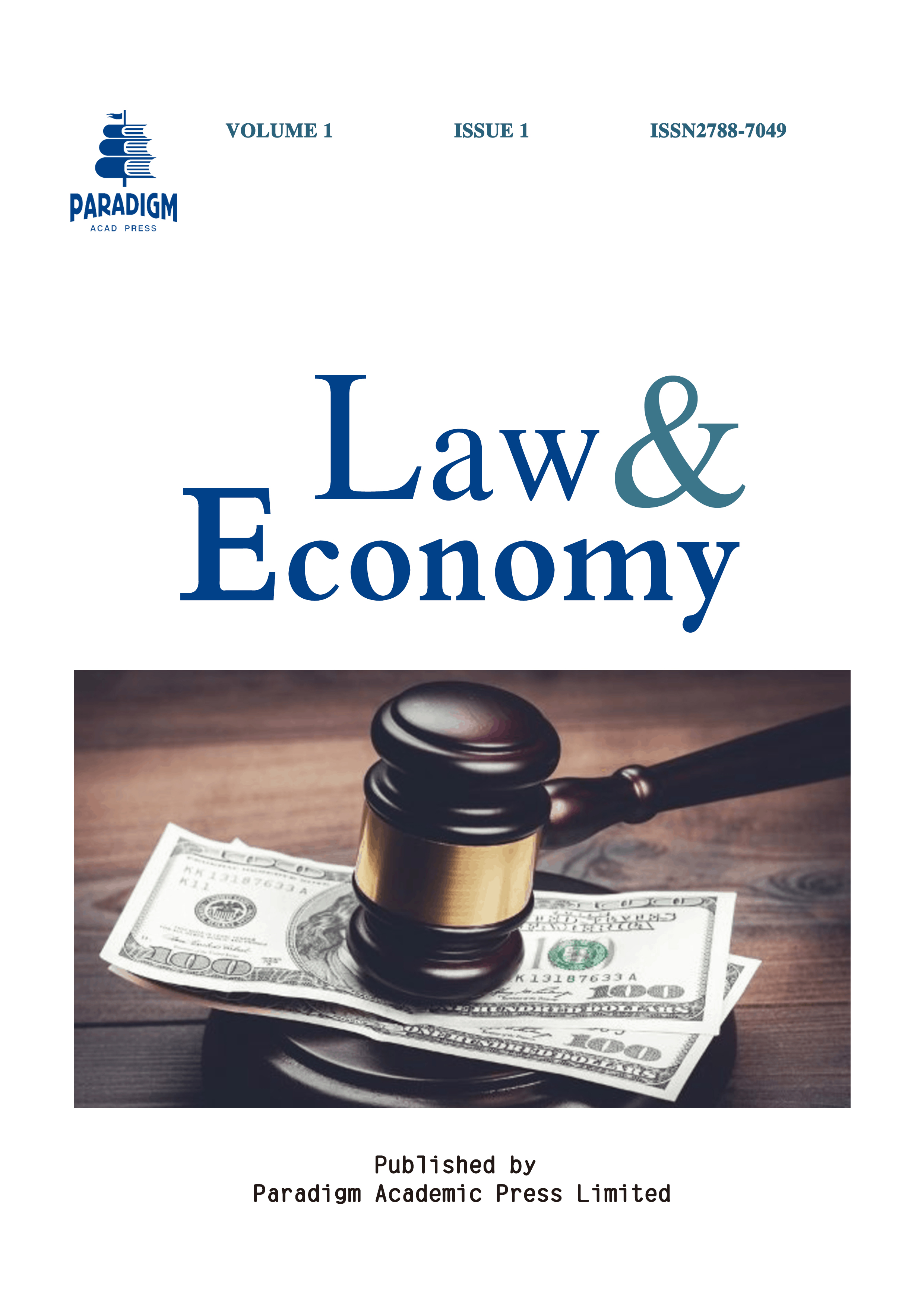Exploring How Market Sentiment Affects Investor Behavioral Bias
Keywords:
market sentiment, behavioral bias, behavioral finance, investment decision, market volatilityAbstract
The purpose of this paper is to explore how market sentiment affects investor behavioral biases. By constructing a theoretical model, the paper analyzes how changes in market sentiment can lead to different behavioral biases by affecting investors’ information processing, risk perception, and decision-making framework. The article introduces behavioral finance theories, such as prospect theory and overconfidence, to explain how market sentiment shapes investors’ decision-making process. Through case studies, including the analysis of the discount rate of closed-end funds and the implied volatility of subscription warrants in the Chinese securities market, the paper reveals the close connection between market sentiment and investor behavioral biases. The findings suggest that fluctuations in market sentiment can significantly affect investors’ behavioral biases, which in turn have an impact on asset pricing and market volatility. The research in this paper not only provides new perspectives for understanding market dynamics, but also provides valuable guidance for investors and policy makers. Finally, the paper discusses the limitations of the study and possible directions for future research.


